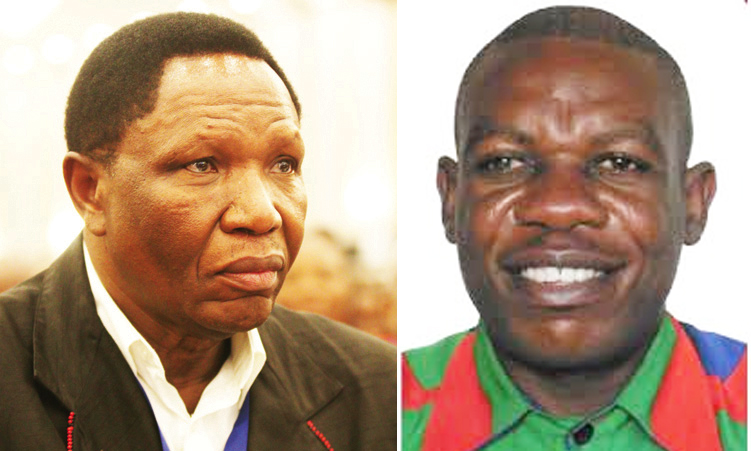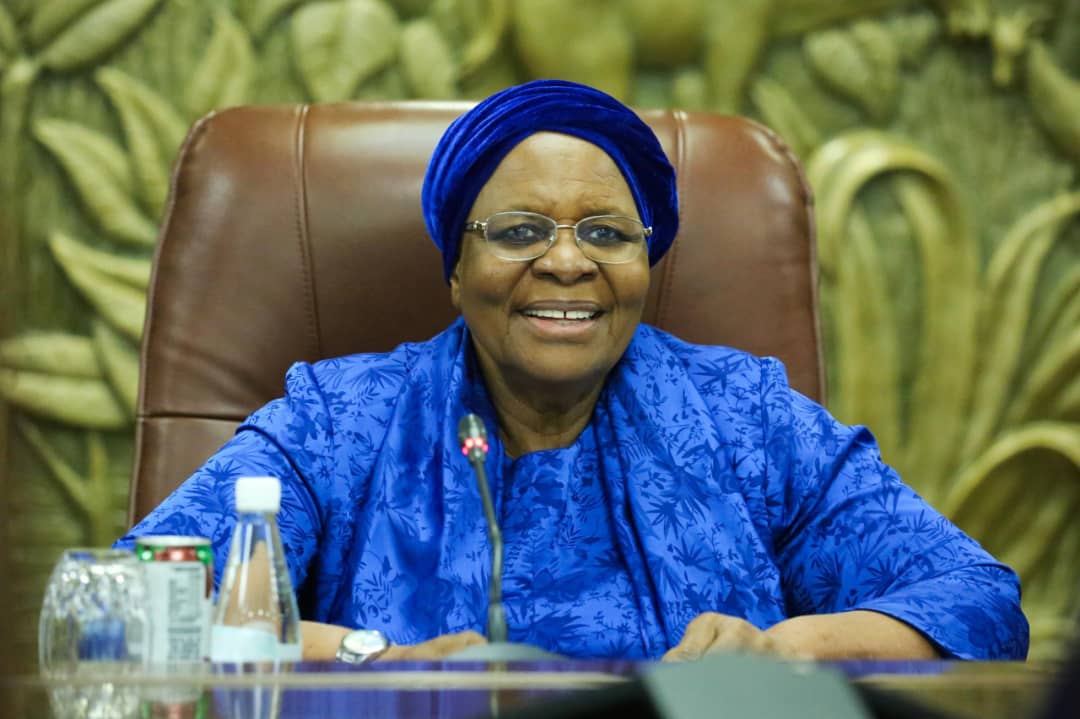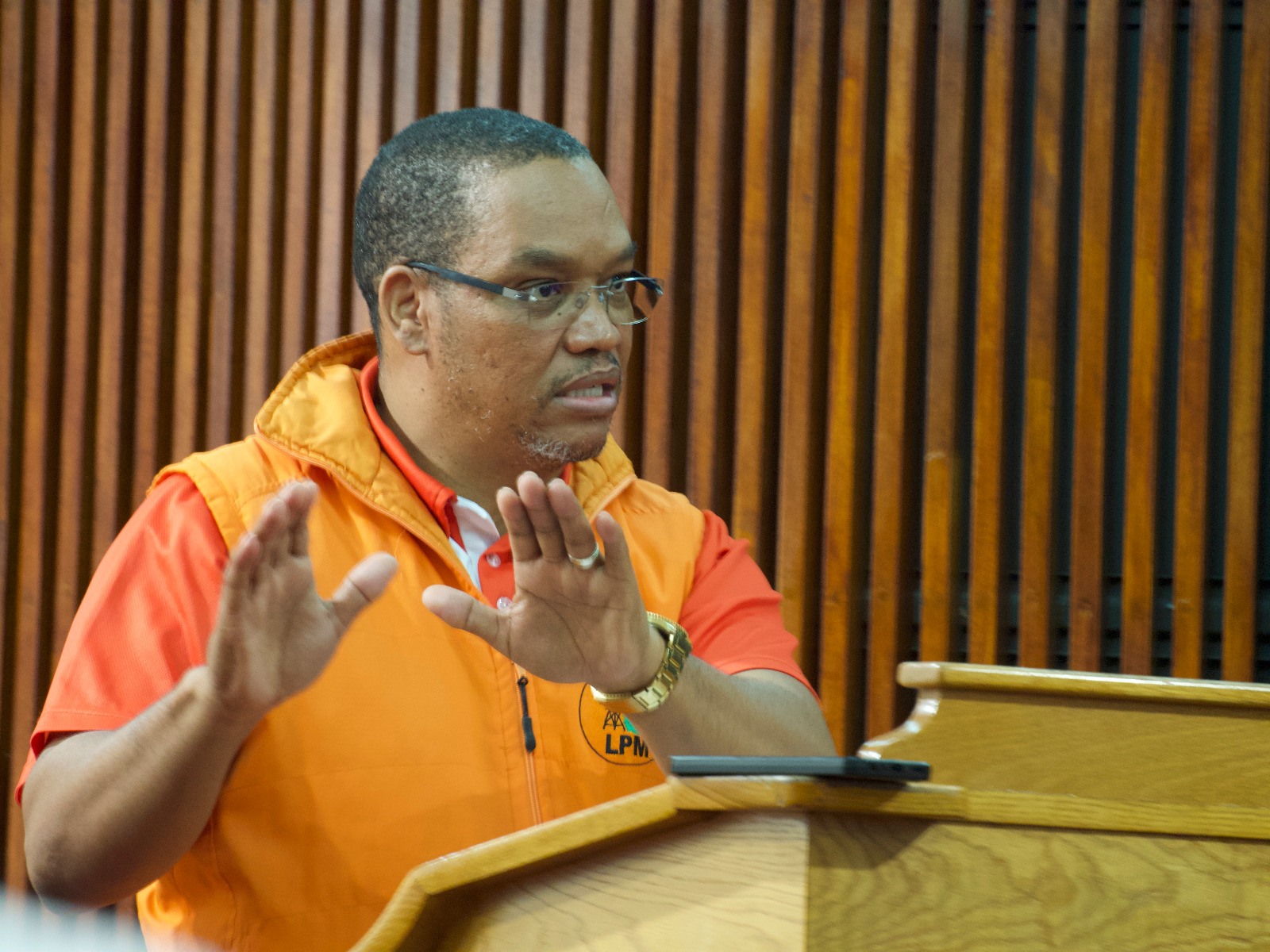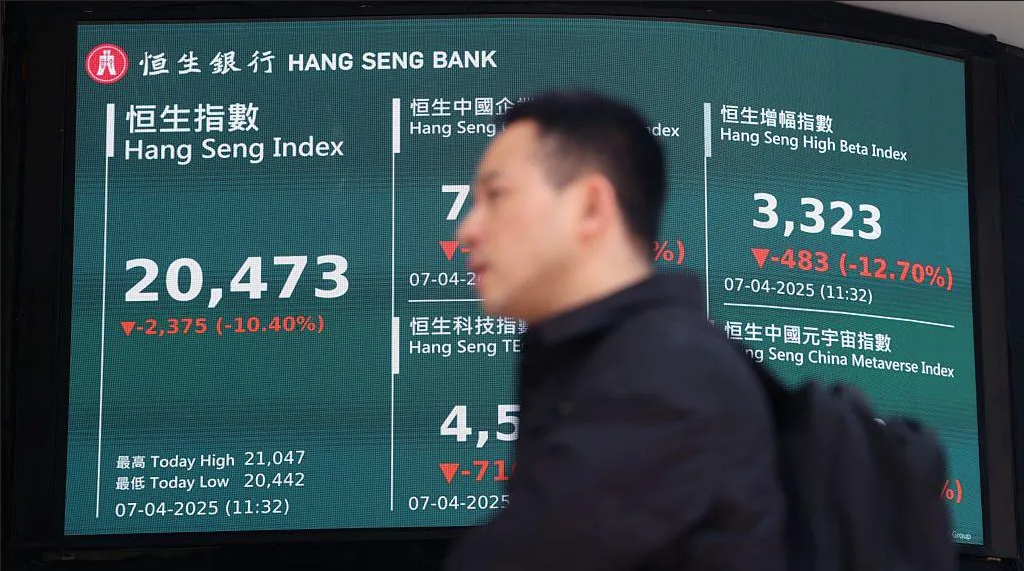Political analysts say the High Court’s recent dismissal of a defamation lawsuit sets a good precedent, demonstrating that politicians are not above criticism.
Analysts were reacting to the Windhoek High Court’s recent dismissal of a defamation lawsuit filed by Swapo politburo member Charles Mubita against fellow party member Reinhold Shipwikineni.
Political analyst Johan Coetzee expressed satisfaction over the court’s decision to dismiss the case.
“Politicians are supposed to be treated exactly the same way as ordinary Namibians. Some Namibians are not supposed to be more equal than others. To restore the balance of power in terms of equal treatment of people in Namibia, I think it’s commendable,” he says.
Mubita’s case stemmed from a WhatsApp audio clip in which Shipwikineni claimed Mubita was being “used like toilet paper” by his fellow party members.
The court ruled that Mubita failed to prove defamation, citing that public figures must endure political criticism. He was also ordered to cover Shipwikineni’s legal costs.
Coetzee says the ruling strikes a balance between freedom of speech and protection against defamation.
“We need to see if this will develop into a pattern and a trend. From many years of experience, we have seen that politicians, especially high-profile politicians, are sort of immune … So I think it’s high time we restore some sort of balance,” Coetzee says.
Political analyst Henning Melber says the case touches on a tricky balancing act: protection from derogatory statements versus freedom of speech.
“I think the court’s decision was motivated in part by an important consideration; taking legal action in response to polemical criticism is often an instrument to silence opponents. [People] then become very careful before making any statements, which is then tantamount to restricting freedom of opinion. This should not happen in a democracy,” Melber says.
He adds in this particular case, the term “used like toilet paper” signifies bad taste and is disdainful.
“It remains a matter of argument if it is defamation, since it does not claim anything which suggests improper or wrong behaviour, but uses a nasty comparison.
To that extent, the court seems to have given preference to protecting the fundamental principle of freedom of speech,” Melber says.
However, Melber says the ruling does risk setting a precedent, adding that it could encourage others to use untrue or “distasteful associations” against individuals.
“It generally illustrates the dilemma of how best to handle a public discourse in a democracy, where those articulating views often lack the minimum decency required in controversies. Perhaps the safest way to cultivate such discourse based on proper behaviour and mutual respect is not to seek a ruling in courts, but to rely on public opinion to dismiss such language in no uncertain terms,” Melber says.
Political analyst Ndumba Kamwanyah says the ruling sets a strong precedent that makes it harder for political figures to win defamation cases, especially when the statements in question are seen as political criticism rather than outright false and malicious claims.
“Public figures, particularly politicians, are expected to tolerate harsh opinions and scrutiny.
This decision could encourage more open and bold political discourse in Namibia, as it reassures people that they can criticise leaders without fear of costly legal battles,” Kamwanyah says.
He says this also means that political figures might have to endure more aggressive and sometimes reckless statements.
“While the ruling protects freedom of speech, it also highlights the challenge of ensuring that reputations are not unfairly damaged by false claims,” Kamwanyah says.
Meanwhile, Mubita yesterday said while he is not immune to criticism, slander against him without supporting facts is wrong.
“There is nothing wrong with criticising a politician, a leader, or anyone else, as long as the criticism is based on substantive and factual matters,” Mubita said.
He said while he cannot comment on the court’s decision, he maintains that Shipwikineni’s statements constituted insults rather than criticism.
“The fact is, I am not immune to criticism, nobody is immune to criticism. Let’s just make a distinction. There was no criticism against me, and it’s on that basis that I feel that I really do not need to comment much on this.”
Stay informed with The Namibian – your source for credible journalism. Get in-depth reporting and opinions for
only N$85 a month. Invest in journalism, invest in democracy –
Subscribe Now!










